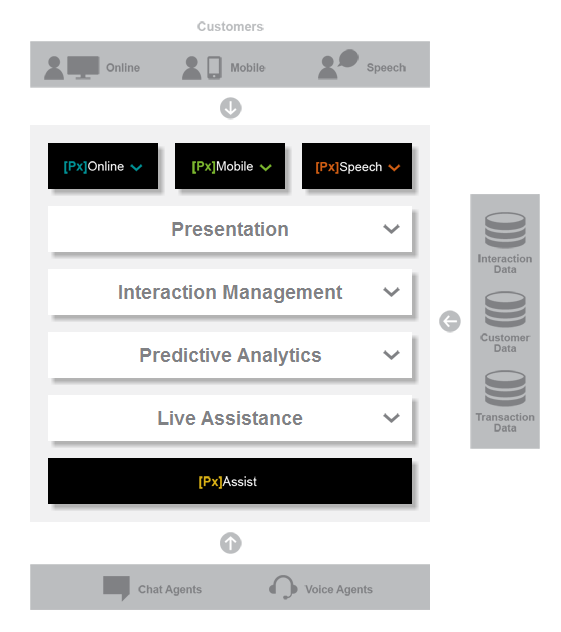Microsoft offloads some speech-focused assets, employees to 24/7

Microsoft is offloading some of its 400 or so TellMe employees, along with certain Tellme speech technologies, to 24/7 Inc., Microsoft announced on February 7.

Microsoft also is taking an equity stake of an unspecified amount in 24/7. Microsoft officials declined to say how many of the Tellme employees are moving to 24/7 or how much 24/7 is paying for the Microsoft speech technologies.
Microsoft bought Tellme Networks in 2007 for between $800 million and $1 billion, according to various estimates. Tellme provided both a "speech cloud service" and an interactive speech self-service platform that provided interactive voice response (IVR). (An example of an IVR system is the system that provides an automated voice response when users check on their flight statuses.)
It's the IVR assets that Microsoft is shifting to 24/7. It is keeping the cloud speech service part of the Tellme assets, which it is combining with other speech technologies the company has developed in house. The cloud service part of Tellme is what is used in Windows Phone, the Bing mobile app, automotive entertainment systems and Xbox Kinect sensors.
This new Tellme deal sounds similar in some respects to other intellectual property (IP) licensing deals Microsoft has done in the past via its IP Ventures licensing unit, which sells to other companies various Microsoft Research technologies that Microsoft has no interest in advancing. The 24/7 deal also sounds quite similar to the recent partnership Microsoft announced with General Electric, via which Microsoft offloaded at the end of last year most of its Health Services Group products and people to a third-party company it established with GE. That still unnamed new venture could end up being called Caradigm, according to recent trademark filings.
The remaining Microsoft speech team will continue working with a number of product teams inside the company to make speech recognition and understanding a key component of a number of next-generation Microsoft offerings. Windows 8, especially on tablets, is expected to include more and better speech recognition capabilities, Microsoft officials said last year.
The Bing/Online Services Division -- where the remaining Microsoft speech team seems to live, organizationally, best I can tell which was moved in November 2011, company officials have confirmed -- is expected to get an even bigger boost from speech technologies in the next few years.
By melding social-graph information from Windows Live, Twitter, Facebook with Bing’s improving natural-language-query functionality, plus Microsoft's speech technology, Microsoft is working to flesh out a "spoken information graph." Microsoft officials are hoping that it's this combination that will allow consumers to take the kinds of voice interaction showcased by Apple with Siri a step further.
"Web search is a natural jumping off point for customer service," as well, said Ilya Bukshteyn, Tellme Senior Director of Sales and Marketing." "That's just one part of our R&D partnership with 24/7 that we're excited about."